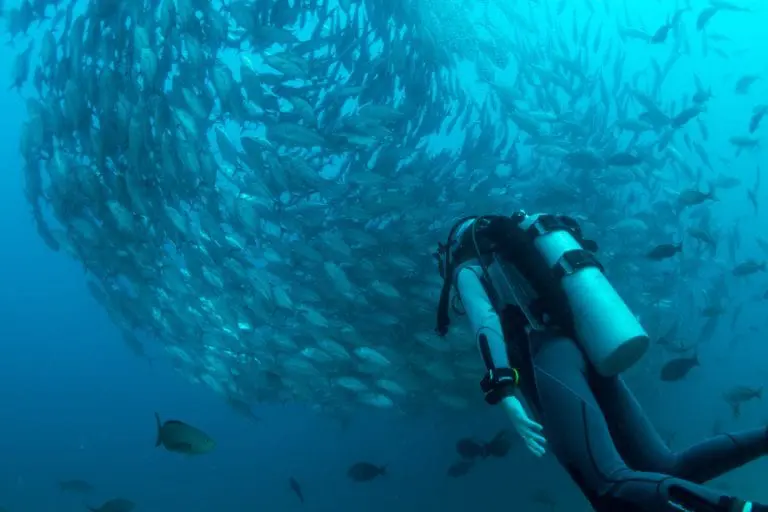A Parent’s Guide to Preparing Your Child for Summer Camp
*I was compensated for this post. This post also contains affiliate links and I will be compensated if you make a purchase after clicking on my links.

Summer camps play an important role in your child’s development. While it’s natural to feel a little homesick, they come home with new friends and a greater sense of maturity. As a young girl, I never went to summer camp because we would always spend one month out of the summer in Massaschusetts visiting my grandmothers. I did in a way have some camp like experiences. My best friend lived right down the road from my grandma’s house so I spent most of the month staying at her house and we did sleep in a camper and do most things I would have done if I attended camp so I never felt like I missed out on anything.
With that said, here are some of the ways you can prepare not only your child but yourself for summer camp. Because hey, parents need to get prepared as well- even though we might not admit it we do miss our kids when they are gone for an extended period of time.
Benefits of Summer Camps
- Learning to work as a team. Sharing a tent or cabin is an effective way for kids to practice teamwork. Paddling canoes and making up ghost stories will help fuel their imaginations as well as help them to develop social skills. Most children are ready to benefit from an overnight camp at about the age of 8 or 9.
- Connecting with nature. If you follow me on social media you already know how I feel about nature. Do you wish your kids spent more time outdoors? Many camps ban electronic devices so your kids will be able to replace their screen time with more vigorous activities. They may even continue those new habits when they return home. Wouldn’t that be nice- my girls’ joke but I used to make them go outside every day for an hour to play.
- Pursue interests. Today’s camps offer a lot more than popsicle stick crafts. Children can study foreign languages, conduct science experiments, or work on their tennis game.
- Develop leadership. Along with all the fun, kids can pick up skills they’ll need for successful and rewarding careers. Some camps train kids to become counselors or serve in other leadership positions.
Preparing Your Child Socially and Emotionally
- Share the decision-making. You’re more likely to find a good fit when you involve your kids in the selection process. Split up the workload for researching camps with gymnastic programs or chemistry labs. Sit down together to review websites and brochures.
- Arrange a trial run. Let your kids practice staying away from home overnight. Grandparents would probably enjoy a weekend visit.
- Role play. Help your child to feel more comfortable by acting out situations that they’re likely to run into at camp. Practice finding your way around the backyard at night with a flashlight. Rehearse sharing a care package.
- Agree on communications. Discuss the policies at each camp. They may limit the timing and number of phone calls or packages. It’s easier for your child to adapt if they know what to expect.
- Transition back. Remember to plan for the time after camp. Your child may want to follow up with their bunkmates or continue exploring their new interests.
Managing the Logistics
- Check on accreditation. The American Camp Association bases accreditation on strict standards for health, safety, and program quality. It’s one good way to ensure that you’re leaving your child in capable hands.
- Visit in advance. If possible, take a trip to see the camp before dropping your child off. Talking with the staff in person may reveal more information than you can obtain from just a website or phone call.
- Plan for the costs. With such a wide variety of camps available, you can look for something in your budget range. Overnight camps typically charge $500 or more a week. And when you are planning for the costs don’t forget to include all the labels that you will need to make sure that your kids don’t lose their stuff. When you go camping you have to put a label on everything from underwear to all the other items that they need.
- Pack appropriately. Your camp will probably send you a list of what to pack. Leave yourself enough time to label each item if you want to prevent them from getting lost. While you’re at it, break in any new footwear.
- See your doctor. Let your family doctor know that your child is heading for camp. Kids may need to complete a physical or make arrangements for taking prescription medications.
Summer camps are a fun way to encourage your child to become more independent and adept at managing change. They can find new buddies and build their confidence while they swim or study geology.
Also, I might add that if you don’t think your kids are ready to go away for summer camp you can check into local day camps that you can drop off and pick up your kids all within the same day. So tell me did you ever go to summer camp? Do you plan on sending your children this year?
Similar Posts:
- None Found








